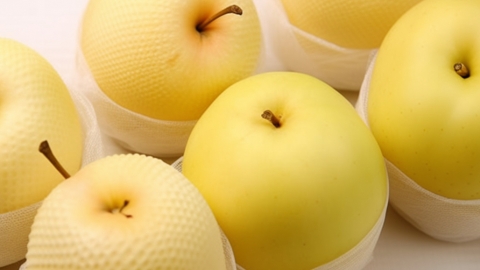Can pregnant women eat pears?
Generally speaking, pregnant women can eat pears in moderation, but should adjust according to their individual physical conditions. Pregnant women with cold deficiency of the spleen and stomach should eat fewer pears or avoid them altogether. Detailed explanations are as follows:

Pears are common fruits rich in water, vitamin B complex, vitamin C, and dietary fiber, which can help pregnant women replenish water and nutrients and alleviate discomforts such as dry mouth and constipation that may occur during pregnancy. Pears also contain certain minerals that are beneficial for fetal growth and development. Eating pears in moderation generally does not cause adverse reactions. However, pears are cool in nature, excessive consumption may irritate the gastrointestinal tract, leading to discomforts such as bloating and diarrhea. Additionally, pears contain a relatively high amount of sugar, so excessive consumption by pregnant women with elevated blood sugar levels may affect blood sugar stability. Therefore, intake should be controlled, and a suitable serving size is about 100-200 grams each time.
In daily life, pregnant women should follow the principle of diversified and balanced diets. In addition to pears, they can also choose mild fruits such as apples, bananas, and oranges to supplement nutrients. When eating fruits, it is important to wash them thoroughly to avoid pesticide residues and ensure dietary safety and health during pregnancy.






